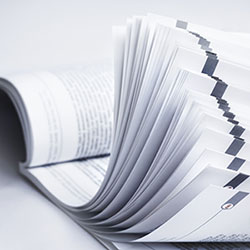The Signal Processing Society is governed by an Executive Committee and a Board of Governors, comprising Society Officers, and Members-at-Large and Regional Directors-at-Large who are appointed or elected, respectively, by voting members of the Society and oversee activities for the Society at large and at the regional level. In addition, numerous boards and committees oversee society conferences and events, awards, membership, publications and technical activities, as well as standing committees and society liaisons who work to ensure activities meet the Society’s vision and mission.

Society's Governing Documents
- IEEE Signal Processing Society Policy and Procedures Manual
- IEEE Signal Processing Society Bylaws
- IEEE Signal Processing Society Constitution
IEEE Governing Documents
IEEE Governing Documents, which includes:
- New York State Not-For-Profit Corporation Laws
- IEEE Certificate of Incorporation
- IEEE Constitution and Bylaws
- IEEE Policies
- IEEE Guide to Classification of Documents
- IEEE Code of Conduct
- IEEE Code of Ethics
- IEEE Policy on Non-discrimination
- IEEE Finance Operations Manual (FOM)
- IEEE Travel and Expense Reimbursement Guidelines
- IEEE Investment Operations Manual
- Robert's Rules of Order
